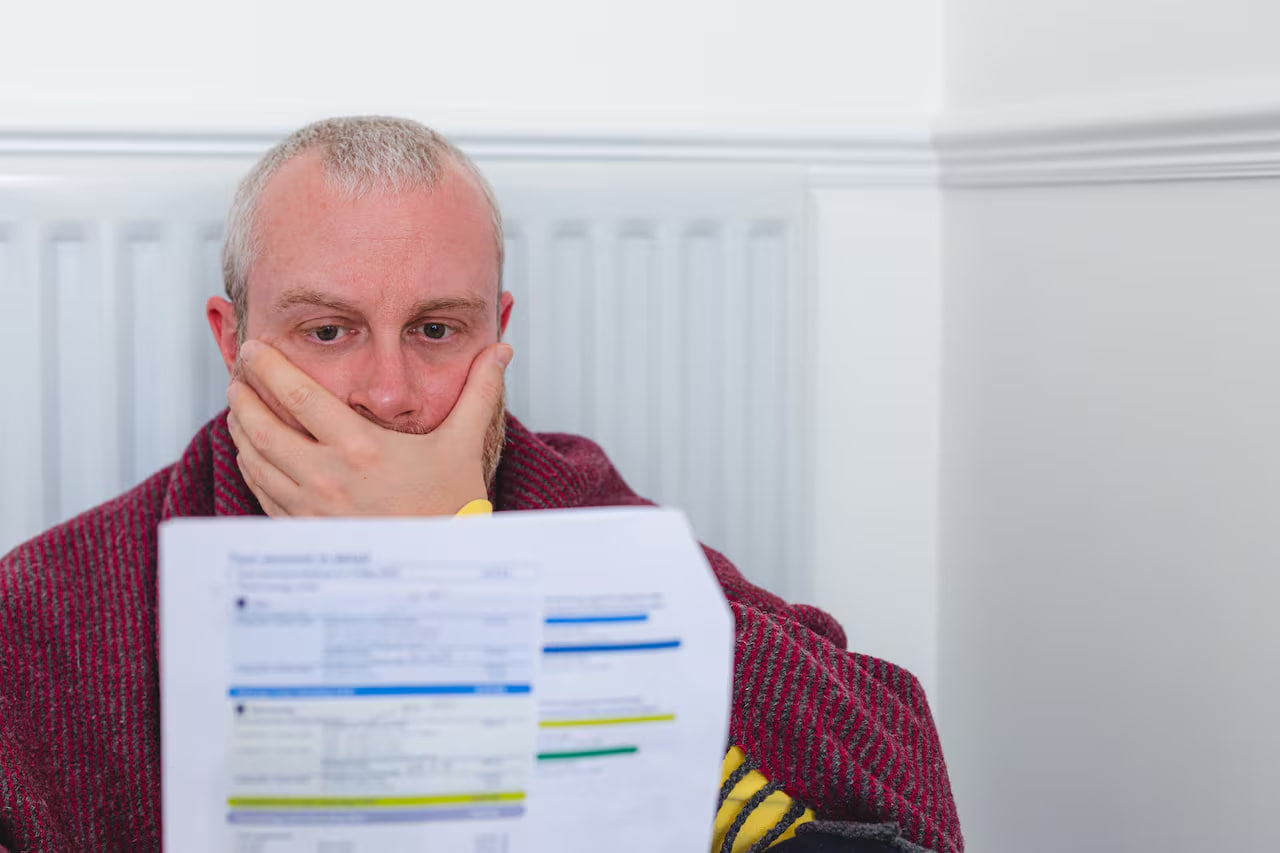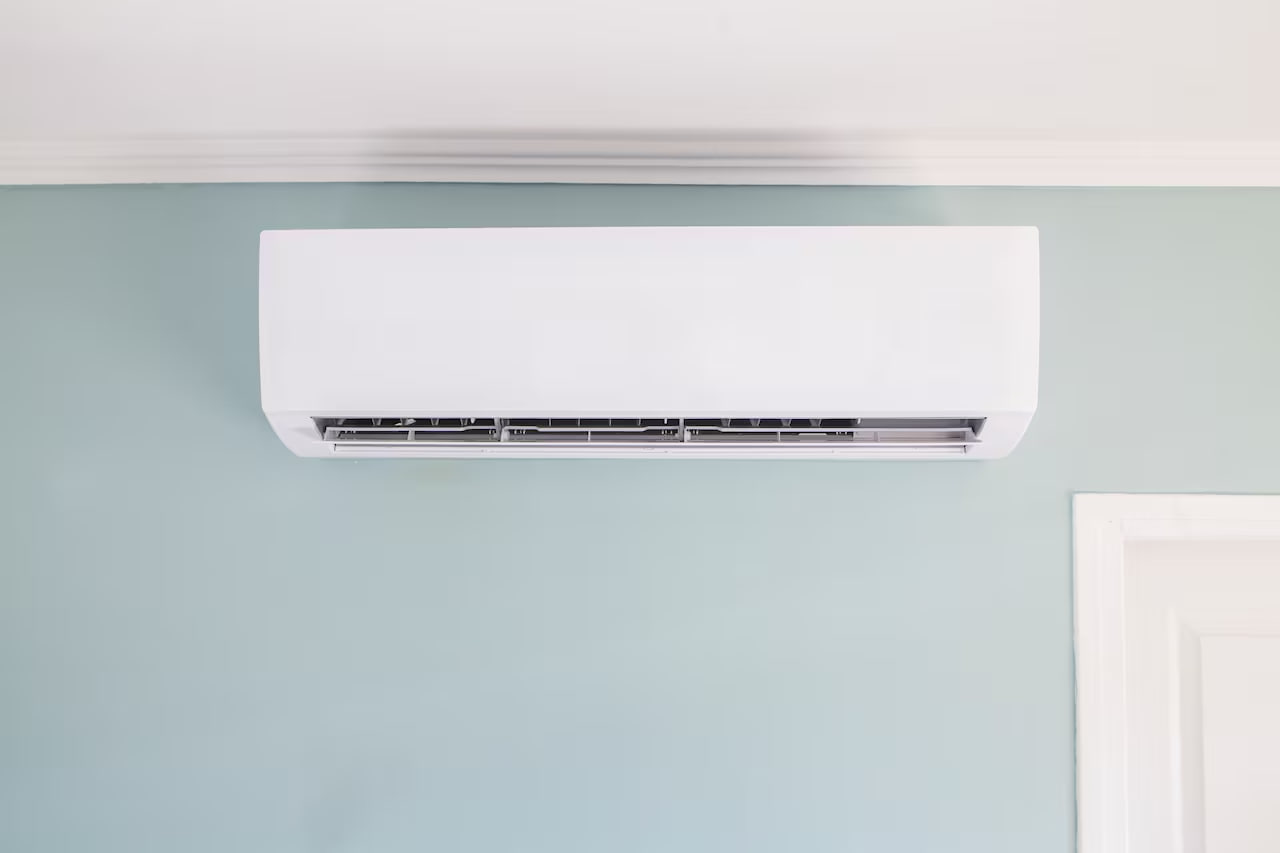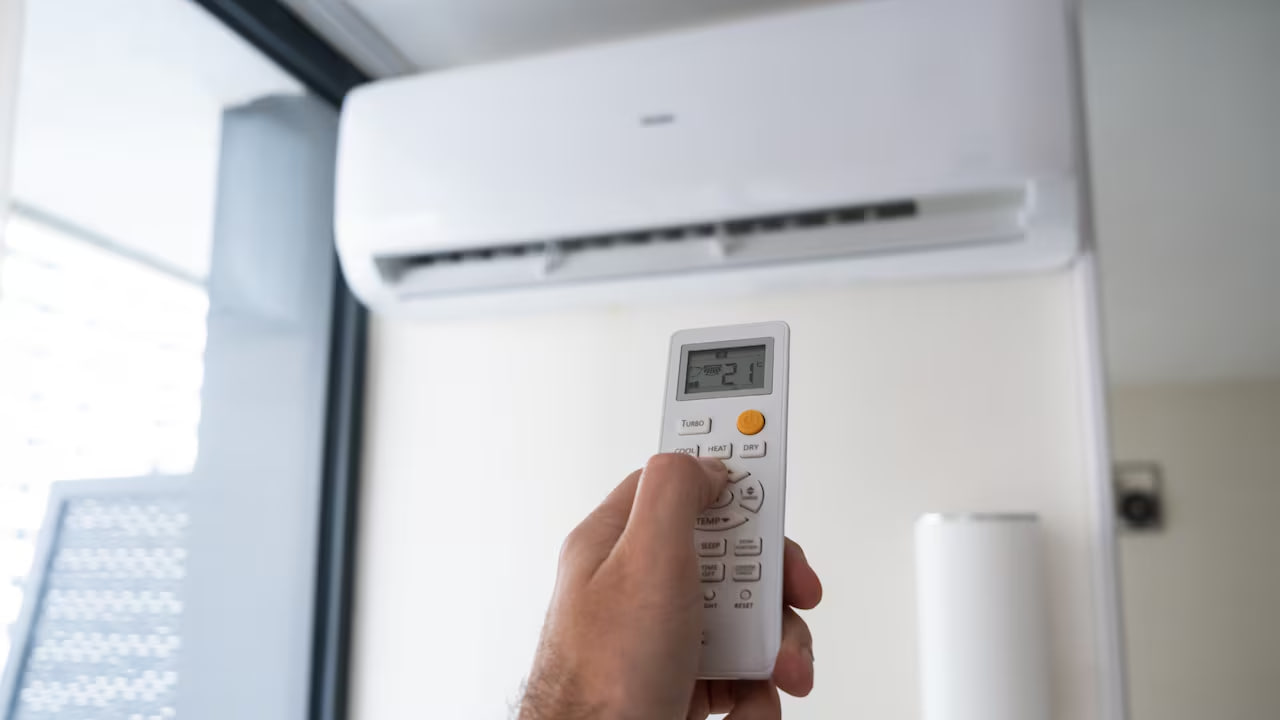Air conditioning is an essential appliance for cooling down, but excessive use can significantly increase your energy bill. The end of June is marked by extreme temperatures and the first official heatwave warning in much of the country. With temperatures soaring, air conditioning becomes a key ally in coping with the heat, but it can also become an enemy of the household budget. In this situation, knowing and applying guidelines for efficient use is essential to avoid excessive increases in electricity bills, according to experts.
The Organisation of Consumers and Users (OCU) insists that the energy consumption of air conditioning does not depend solely on the number of hours it is in operation, but above all on how it is used. Beyond simply turning it on or off, it is important to avoid erratic and inefficient use of the equipment.
One of the most common mistakes made by users is to resort to sudden changes in temperature. The OCU recommends not setting the thermostat below 24 or 25 degrees, whenever possible. Each degree of difference from the outside temperature can represent a 10% increase in energy consumption. For example, if the outside temperature is 33°C, keeping the inside at 25°C is sufficient to ensure comfort without running up costs.
Another key aspect is to take advantage of inverter technology, which is present in most modern equipment. This system allows for continuous, self-regulating operation, avoiding intermittent switching on and off that forces the appliance to work at full capacity each time. According to the OCU, this sustained and balanced use is more efficient than turning the air conditioning on and off several times a day.

When to turn the air conditioning on and when not to
Turning on the air conditioning before the house gets too hot may seem counterintuitive, but it is an effective strategy. According to experts, turning it on in the early hours of the day, when temperatures have not yet peaked, allows for faster cooling with less effort. Maintaining a stable temperature during the day avoids having to force the unit to work harder in the afternoon, when the heat is already more difficult to combat.
During the night, it is advisable to set the automatic shut-off to take advantage of the natural drop in temperatures. Early mornings are usually cooler, so keeping the unit on all night is often unnecessary.
Recommendations for reducing consumption
Specialists offer a series of practical tips for reducing energy consumption without sacrificing comfort:
- Activate ECO mode, if the equipment allows it, which can represent savings of up to 30%.
- Keep filters clean and check the refrigerant level regularly.
- Use ceiling fans to improve the circulation of cool air.
- Close doors and cool by zones, if you have a system with this functionality.
- Avoid directing the air flow directly at people, both for health and efficiency reasons.
- Switch off the appliance completely if you are going to be away for several hours, as even in standby mode it continues to consume energy.

Finally, remember that air conditioning is not a substitute for good ventilation. Whenever possible, ventilate during the coolest hours of the day and protect your home from heat with passive measures. Lowering blinds, drawing curtains and avoiding direct sunlight through windows can make a noticeable difference to the indoor temperature and, therefore, to energy consumption.

